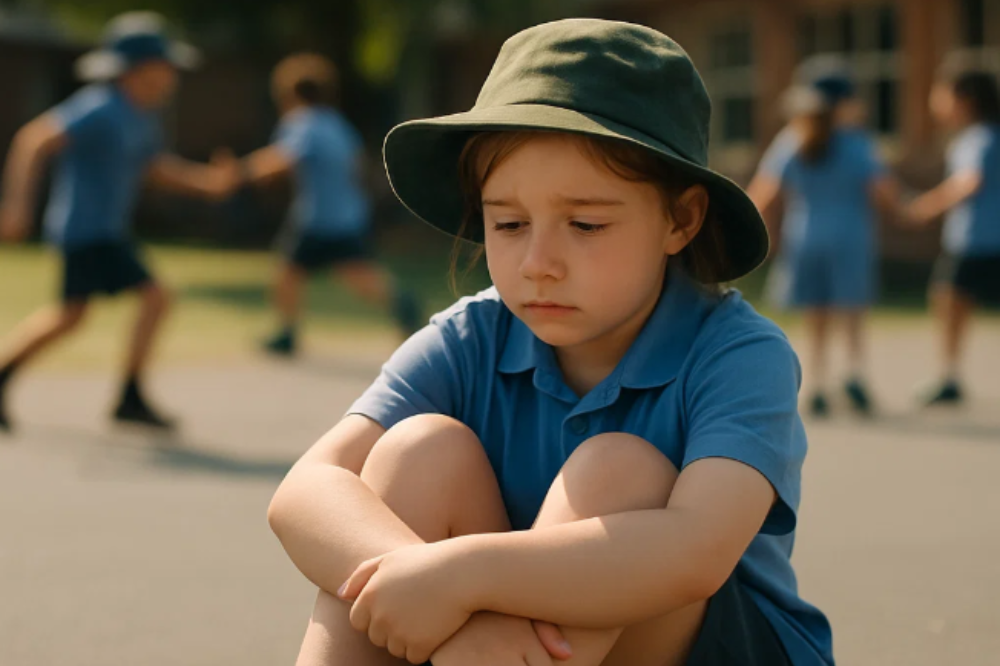
A new report examines the rising trend of school suspensions in NSW and their connection to student interaction with the criminal justice system.
Newly released data shows that NSW government schools suspended a record number of high school students in 2024—approximately one in ten.
The report identifies practical, evidence-based strategies to create safer learning environments for students, teachers and schools to support long-term outcomes.
Authored by Dr Archie Thomas (UTS) and Dr Samara Hand (UNSW) as part of their joint APPI Policy Fellowship, the report argues that broader use of school suspensions and exclusions can contribute to a “school-prison nexus.”
Rather than improving behaviour, suspension and expulsions can be a predictor of further exclusion, creating a vicious cycle for students from marginalised backgrounds.
“Indigenous and disabled students are suspended at 2.5 times the rate of other students in NSW government schools,” Dr Archie Thomas noted. “By working together across schools, communities, and government, we can strengthen inclusion, support teachers and ensure all students can remain engaged in learning.”
Dr Thomas pointed out that there are many other evidence-based, practical and empowering tools that can be used to address behavioural issues in schools.
Drawing on examples from NSW and international practice—including restorative justice models in Chicago, community-led approaches in Canada, and policy transformation in Scotland—the report identifies six key collaborative policy opportunities.
These include developing a NSW school discipline framework that focuses on keeping students in school and supporting alternatives based on restorative justice models.
These opportunities are aimed at policymakers, school leaders, and government agencies responsible for designing and implementing effective, inclusive school discipline policies.
“Focusing on inclusion and restorative approaches gives schools practical tools to support all students and reduce the reliance on exclusionary discipline,” co-author Dr Samara Hand, said.
“We need to invest in measures that can reduce growing rates of suspension and, in turn, improve inclusive school cultures and reduce incarceration.”
Isabella Whealing, Head of Social Policy at APPI, said report “shows how evidence-based policymaking, guided by collaboration across schools, communities, and government, can reduce school suspensions and exclusions and keep students engaged in learning.”
The above story originally appeared as a media release from the Australian Public Policy Institute.

